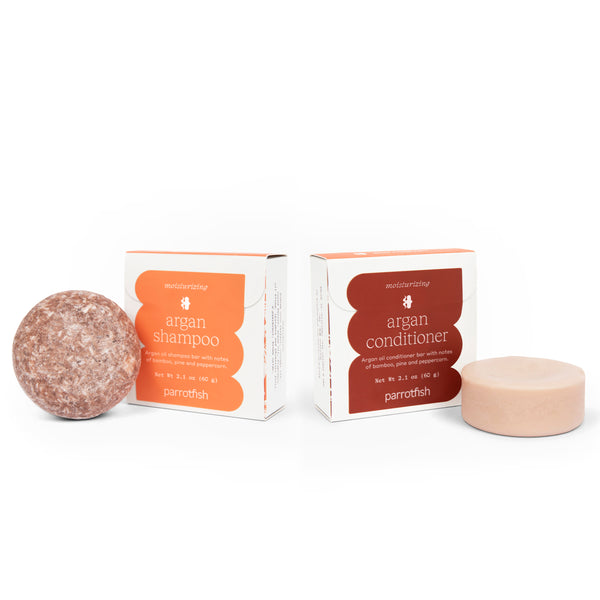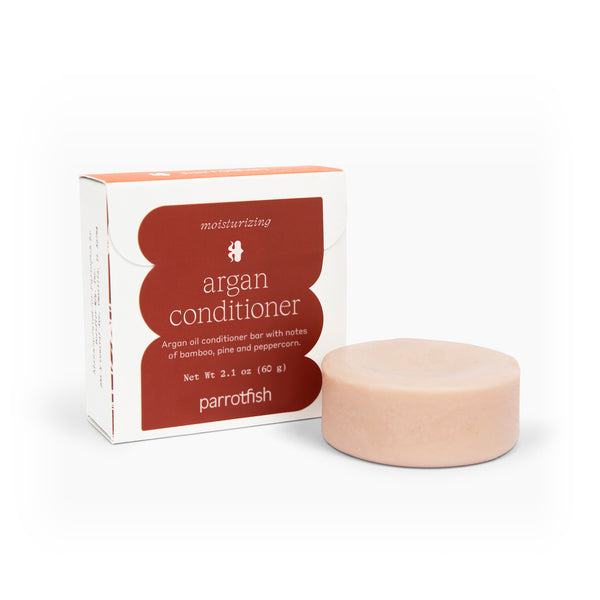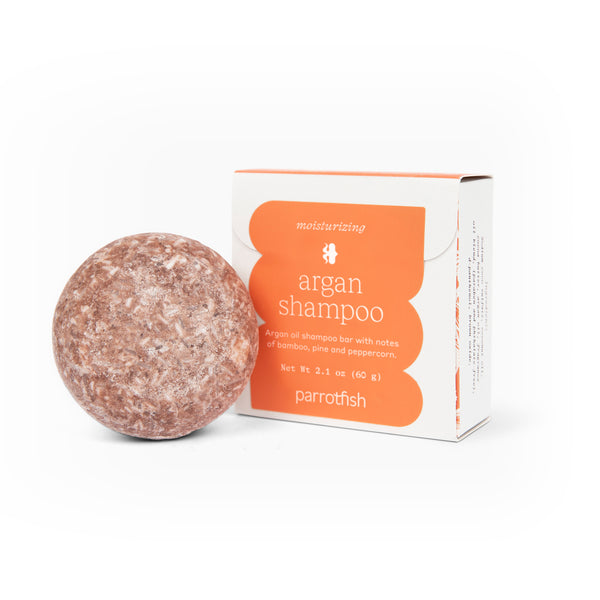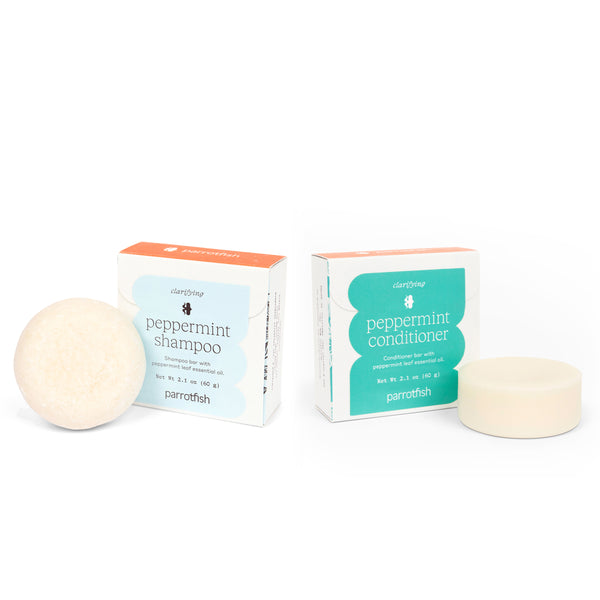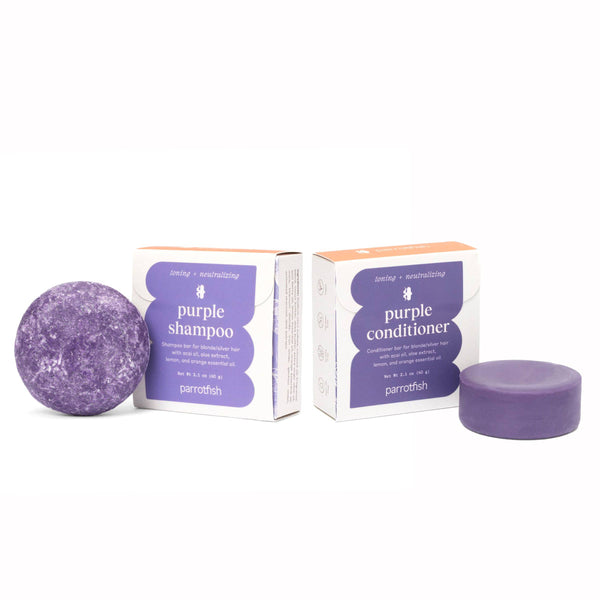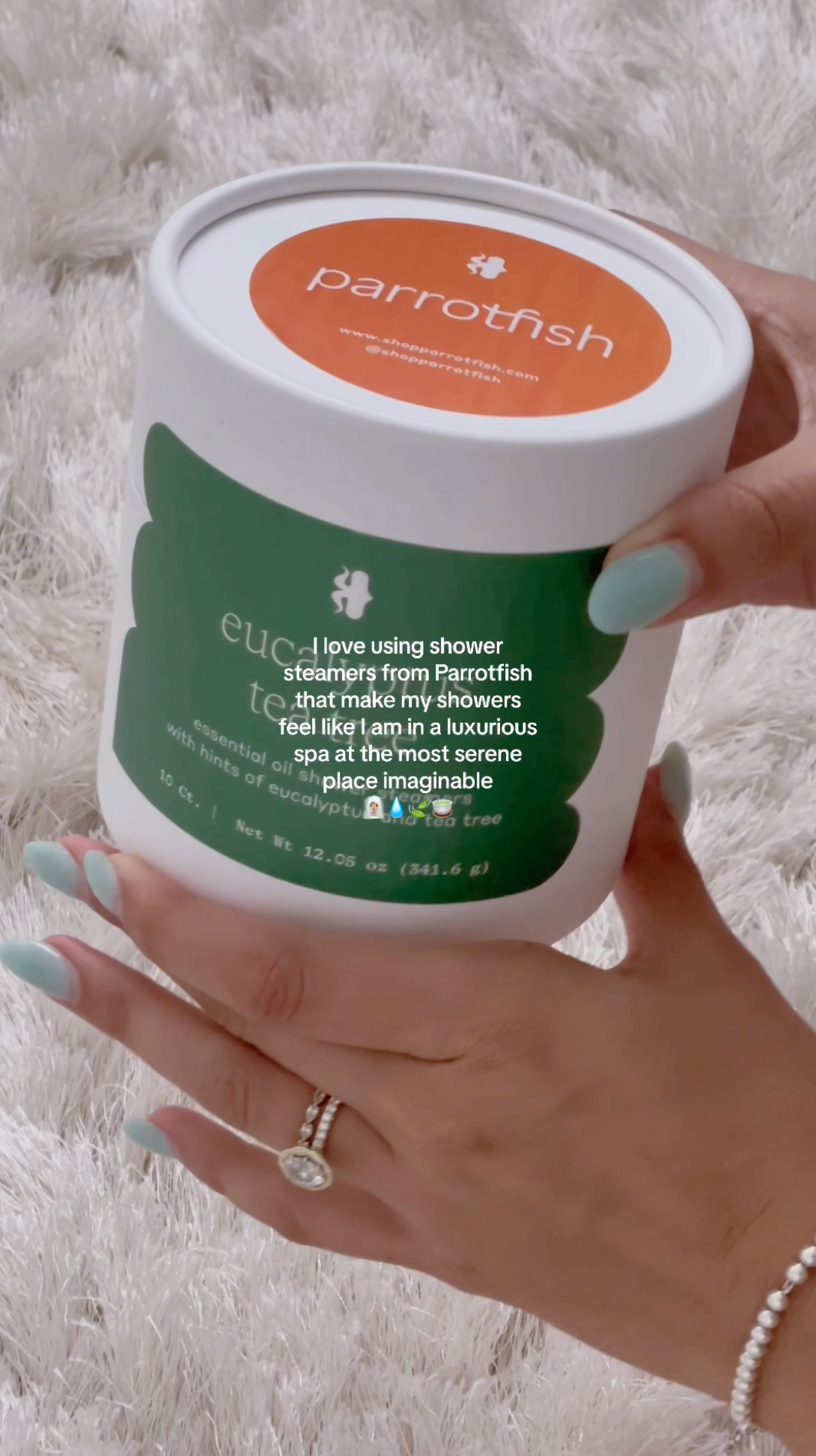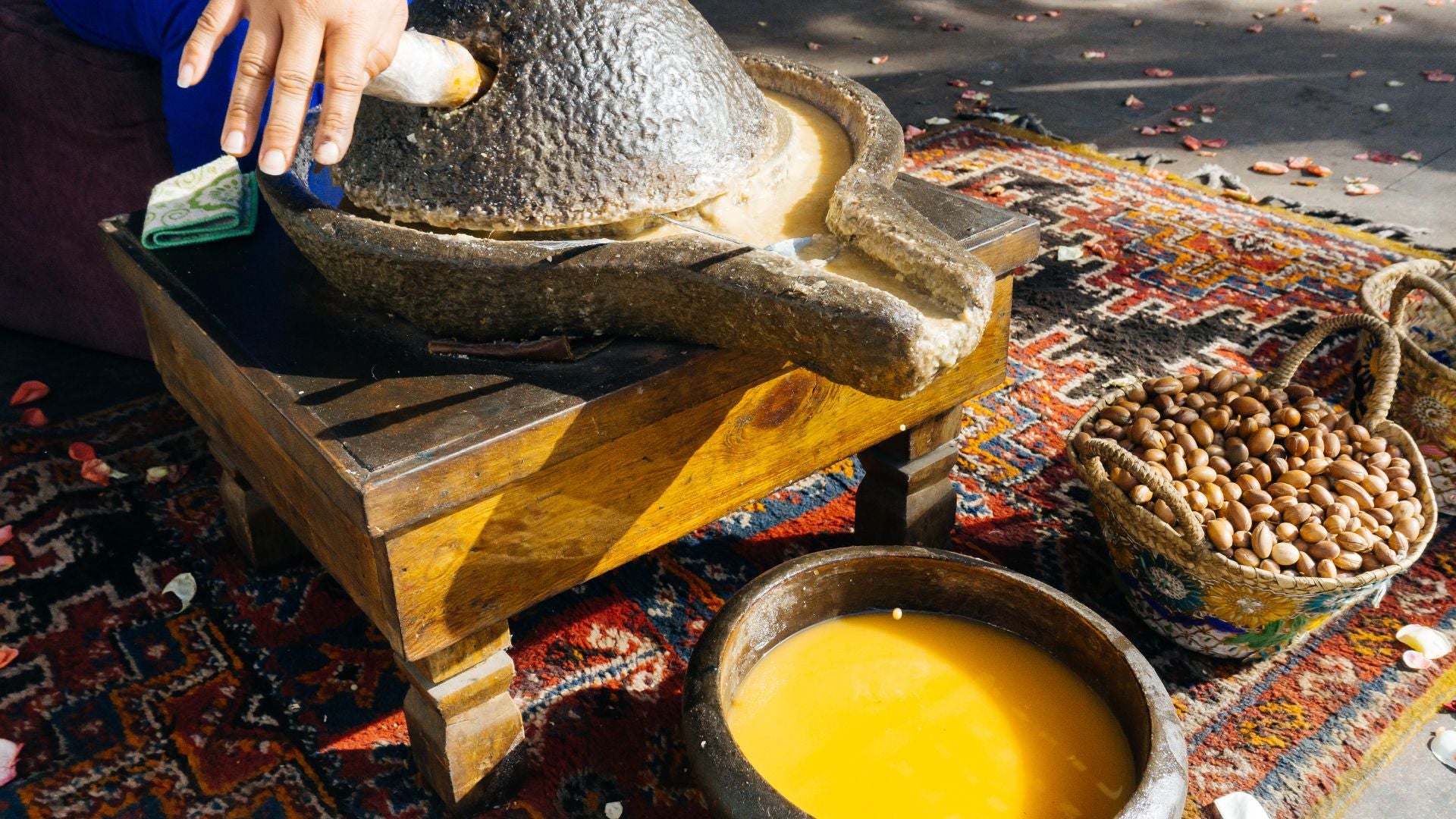

The Origins and Composition of Argan Oil
Argan oil, often referred to as "liquid gold," has captured the attention of beauty enthusiasts and culinary aficionados worldwide. But where does this precious oil come from, and what exactly is it made of? This article delves into the fascinating journey of argan oil from the ancient trees of Morocco to its status as a cherished global commodity.
Where does Argan Oil Come From?
Argan oil originates from the argan tree (Argania spinosa), which is endemic to Morocco, specifically thriving in the semi-desert Sous valley of southwestern Morocco. The argan tree is incredibly resilient, capable of living up to 200 years, and has adapted to thrive in harsh environmental conditions, making it a vital resource for the local ecosystem and the communities that rely on it.
The UNESCO has recognized the argan forest in Morocco as a Biosphere Reserve, highlighting the importance of preserving this unique tree and the traditional practices associated with argan oil production. The oil's extraction and production are deeply rooted in Moroccan culture, with Berber women traditionally playing a central role in its creation through methods passed down through generations.
What is Argan Oil Made From?
Argan oil is extracted from the kernels found within the fruit of the argan tree. The fruit itself is small, round, and covered in a thick peel. Inside, there is a fleshy pulp surrounding a hard nut, which contains up to three almond-shaped kernels from which the oil is extracted.
The traditional method of argan oil production is labor-intensive and involves several steps:
- Harvesting: The argan fruits are collected, typically by hand, after they have fallen to the ground.
- Drying: The collected fruits are then spread out and left to dry in the open air, making it easier to remove the flesh and access the nuts inside.
- Cracking: The hard nuts are manually cracked between two stones, a task that requires skill to reach the kernels without damaging them.
- Pressing: The kernels are then cold-pressed, a process that extracts the oil without the use of heat or chemicals, preserving its natural properties and nutrients.
The result of this meticulous process is pure argan oil, a substance rich in essential fatty acids, antioxidants, and vitamin E. The oil has a light, nutty aroma and a golden hue, with properties that make it highly sought after for both cosmetic and culinary uses.
Related Products
Culinary vs. Cosmetic Argan Oil
It's important to distinguish between culinary and cosmetic argan oil. Culinary argan oil is produced by roasting the kernels before pressing, which imparts a distinctive nutty flavor and aroma, making it a delicious addition to traditional Moroccan dishes and modern cuisine. Cosmetic argan oil, on the other hand, is extracted from raw, unroasted kernels, retaining a subtler scent and making it suitable for topical application on the skin (argan oil for skin) and hair (argan oil for hair).
Where does the best argan oil come from?
The finest argan oil originates from Morocco, the sole home of the argan tree. Particularly, the Arganeraie Biosphere Reserve, recognized by UNESCO, is renowned for producing premium quality oil, thanks to Morocco's unique climate and the traditional extraction methods preserved by the Berber communities.
How can you tell if argan oil is real?
Real argan oil can be identified by its mild, nutty scent, and golden-yellow hue for cosmetic uses. It should absorb quickly without leaving a greasy residue. Authentic argan oil is typically packaged in dark glass bottles to prevent light degradation and should be labeled as 100% pure argan oil, with no additional ingredients.
Why is Moroccan argan oil so expensive?
Moroccan argan oil's high price is due to its limited supply, as argan trees grow only in Morocco. The traditional, labor-intensive process of extracting the oil, coupled with efforts to sustainably manage and conserve the argan forests, adds to its value. Its versatility and rich nutrient profile further justify the premium cost.
Can you buy cheaper argan oil elsewhere?
Yes, you might find argan oil at lower prices, but be cautious. Cheaper options often compromise on authenticity and quality. Genuine argan oil, due to its meticulous production process in Morocco, merits a fair price. Lower-cost versions may not deliver the same natural benefits.
Argan oil's journey from the argan trees of Morocco to the shelves of stores around the world is a testament to its enduring value and versatility. Whether used to enhance the flavor of culinary creations or to nourish skin and hair, argan oil remains a symbol of Moroccan heritage and natural beauty. Its production not only supports local communities but also contributes to the preservation of an ancient ecosystem, making every drop of this liquid gold a treasure to be savored and respected.
Special Offer Just for You!
Thanks for reading our blog! As a token of appreciation, enjoy 10% off your next purchase with code BLOG10.
Curious about how our products work in real life? Check out what our customers are saying about their favorite shampoo bars and soap collections. Join the Parrotfish family and see why they love us!
Let customers speak for us
from 224 reviewsUnlike bottle dog shampoo. This lathers up so easily and my puppy smells wonderful!
I am not a fan of most bar type shampoos or conditioners, but this one works really well on my hair. Good lather and good scent. Also keeps my hair conditioned well.
Love! Was complimented on how great my gray hair looked after 1 use! Thank you definitely will buy again! No plastic to recycle and the beautiful bars dont clutter the bathtub. A huge plus for the environment and me a neat freak!
I was surprised how easy it lathers . Love the smell and use to remove yellow tones in my hair. Highly recommend
This is my first Parrotfish order and I am sold! The shampoo has a rich lather and cleans my hair so well, the conditioner leaves my hair shiny and soft, and the soaps smell SO goody and leave me squeaky clean. I was sent an extra bar of soap as a bonus - thank you!!! I love how good these smell, how effective they are, and that they don't use any plastic packaging!
Elevates your shower game. Perfect tool to help unwind after a stressful day at work or a chaotic one with the kids. 10/10
Smells wonderful and leaves my buzz cut and scalp clean.
I already love the shampoo and conditioner bars, but this bundle just made it easy to get everything i need for whole body! Love that i dont have to deal with bottles and everything smells so good
I recently tried the new ParrotFish dog shampoo, and I am beyond impressed! Not only does it leave my dog’s coat incredibly soft and shiny, but the scent is absolutely fantastic—fresh, clean, and long-lasting without being overpowering. Bath time has gone from a chore to a treat! It lathers well, rinses easily, and my dog’s skin seems much calmer and less itchy since switching. You can tell it’s made with quality ingredients. Highly recommend for anyone looking to upgrade their dog grooming routine. ParrotFish nailed it with this one!
Gotta tell you this is one of those rare delights of life that continue to give you the little joy in small things.
Now I know you're probably thinking it's a but pricey but it lasts for months and it gives you that squeaky- clean feel with your hands through your hair as you use it, so you know it's top-notch and getting the job done right, unlike some of those greasy petroleum/chemical like fake goop from a mass market thing.
I'm definitely not picky at all about these things usually, except this is one of the true gems that give you a little spark that you've found something special. You won't go back.
And it's compact - no bulky bottles, no plastic, perfect for a workout bag and use at home or on that shower shelf. And the company is top-notch, A+++ customer service and you can just tell they are good people with the occasional handwritten note in your delivery.
Can't say enough and won't use mass market crud again.
P.S. It's all about the Peppermint shampoo for me.
I love this shampoo bar. It lathers and smells so good.
This soap is so delightful. The fragrance is fresh, light and energizing.
This shampoo and conditioner set is top notch! My hair feels the best it ever has and it looks amazing!
I initially found the Parrotfish Argan Oil Conditioner Bar at an Erewhon store and decided to try it. It has transformed my hair from dry, frizzy and wavy to soft, shiny, and bouncy. It brought back my hair large loose curls. I looked up Parrotfish online and decided to buy my second one direct. Fulfillment was quick and shipping too. 😊
I immediately fell in love with this shampoo. I’ve always had oily hair but could never find shampoo that would actually help. My hair has never felt so clean with the peppermint shampoo!! I briefly tried to use other peppermint shampoo bars for convenience rather than shopping online but none of them are as good. I will never use another shampoo again!!

